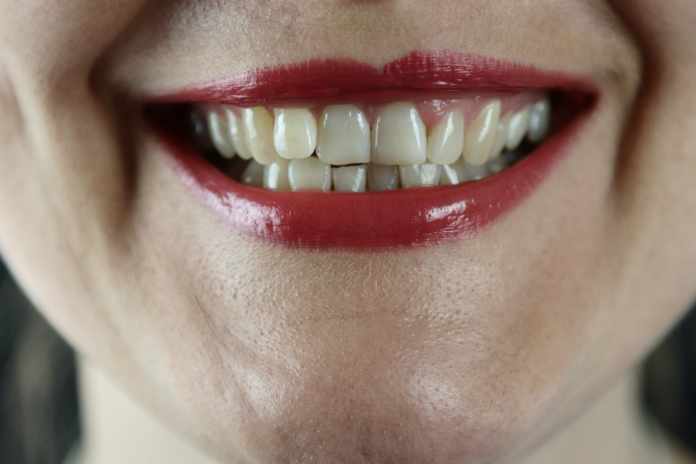The number of home remedies for teeth whitening can feel endless, and it can be easy to grow skeptical of miracle cures. But sometimes, there can be hidden elements to a natural remedy that doesn’t fulfill its primary job. The capacity of Turmeric to whiten teeth may be in question, but it comes with some more distinct and potent healing properties to off-balance it.
Does Turmeric Whiten Teeth?
There’s no scientific evidence that suggests that Turmeric Whiten Teeth when added to toothpaste. But it’s an active ingredient in whitening toothpastes made by a number of big-name manufacturers. That inclusion has led some on the internet to associate turmeric directly with tooth whitening, but it’s by most accounts actually incidental to the whitening process.
It’s also led to people creating their own recipes, which typically combine turmeric with coconut oil and baking soda. It’s actually the baking soda that has the most whitening effects. That’s because it’s an abrasive agent that scrubs at the surface of your teeth and removes surface stains from the enamel. Coconut oil is also anecdotally recognized as a whitening agent, though there isn’t much research to suggest that it’s an especially effective one.
What Does Turmeric Do?
Toothpaste brands continue to use turmeric in their formulas for a reason, and it’s not because of the flavor. While the savory, earthy flavor and aroma of turmeric have made it a cornerstone of the Indian diet, it’s not a flavor that will exactly make your breath feel fresh afterward. But turmeric also has a reputation as a powerful medicinal herb. Turmeric is both an antimicrobial and an antioxidant, and that makes it a valuable resource for healing from an injury.
It can also be a soothing presence when applied to the gums. Preliminary studies suggest that turmeric can actually be used to reduce the risk of gingivitis, and there are some promising signs that it could be incorporated into treatments for the more serious gum disease of periodontitis.
That said, you shouldn’t overestimate the value of turmeric as a wonder drug. While it’s great for reducing inflammation and clearing our microbes, it’s not a replacement for conventional toothpaste. Even worse, the turmeric particles can settle between your gums and stain your teeth yellow. All-natural turmeric toothpaste can be a great supplement to a dental care regimen, but it should absolutely not be a replacement.
What Are the Risks of Turmeric Toothpaste?
Minimal at most. Turmeric is a natural herb that’s also one of the essential ingredients in most curries. In other words, people have been putting it in their mouths for years – as a toothpaste or otherwise. Turmeric isn’t going to cause any risk to your gum or teeth health, just so long as you make sure to brush up after.
The only real risk of turmeric runs contrary to the idea that it’s a whitening agent – and that’s its tendency to stain. While turmeric can leave a stain on your teeth if left there for a while, it can also stain your fingers or your clothes. Be careful when working with turmeric, especially in powder form, unless you want to have a mess to clean up.
The Breakdown
Turmeric is the opposite of a whitening agent. In fact, it could stain your teeth yellow! But the anti-inflammatory properties make it a sensible ingredient to include in both a toothpaste or a mouthwash. Mixed with coconut oil, baking soda, or both, it can make for an effective whitening toothpaste with added benefits for your gum health. Just be sure to supplement it with a toothpaste more thoroughly focused on your gum and tooth health.










